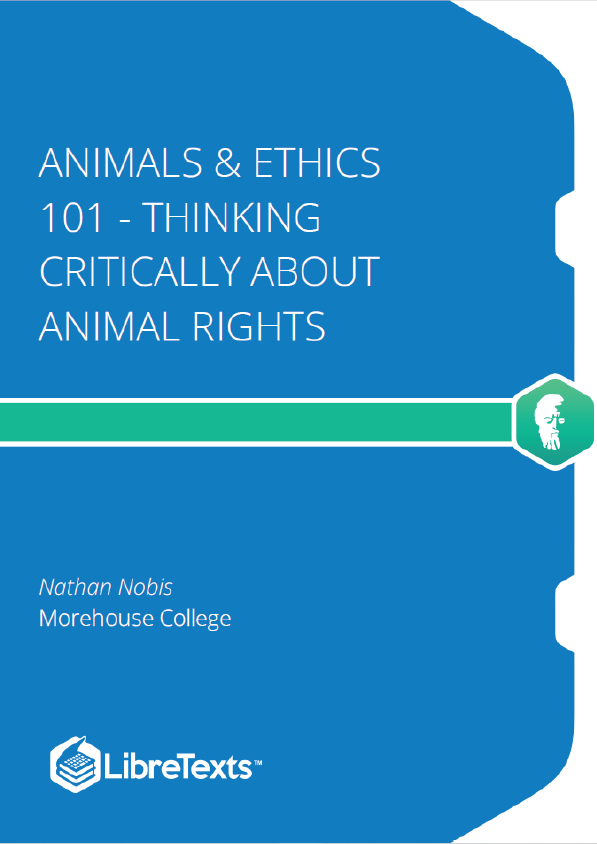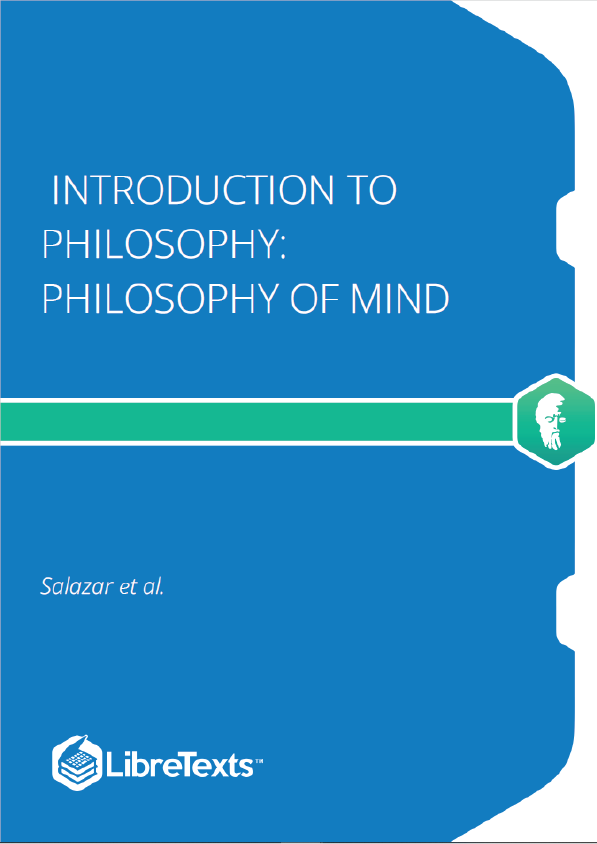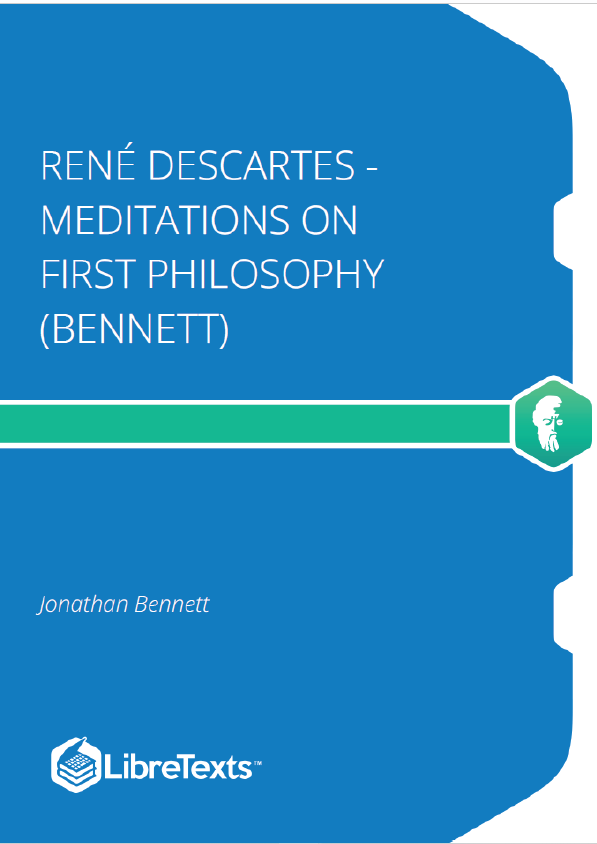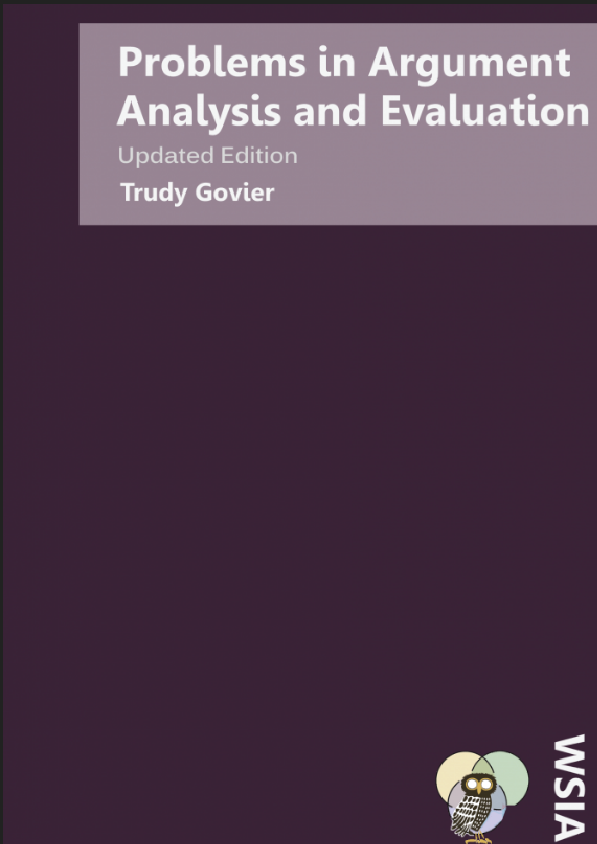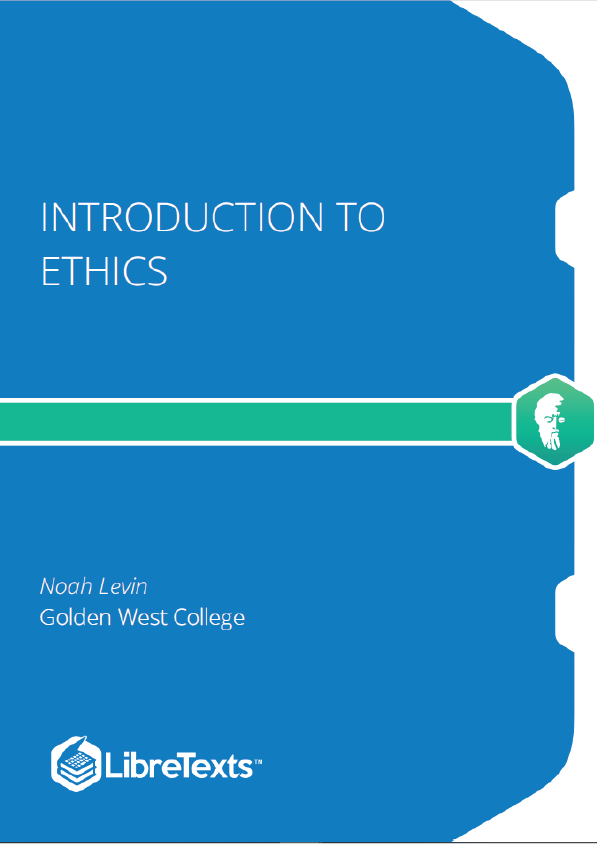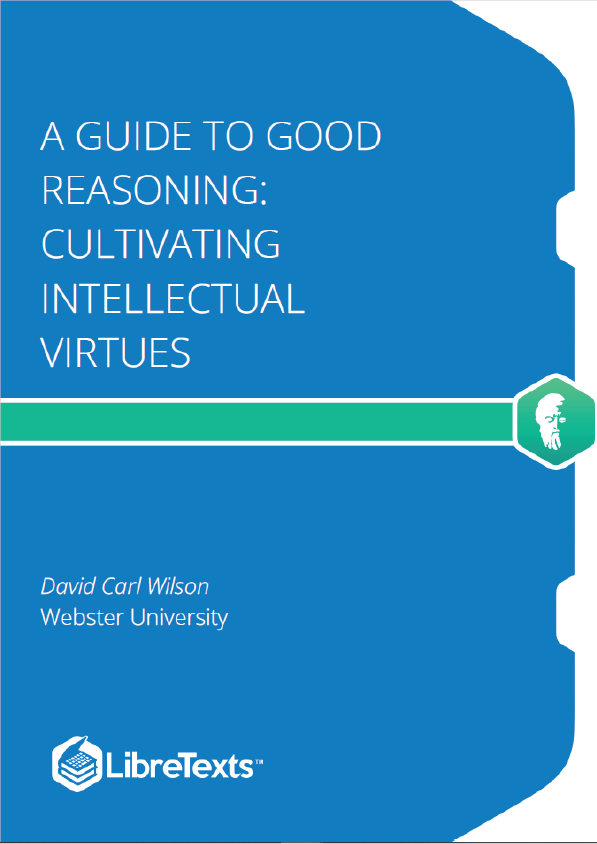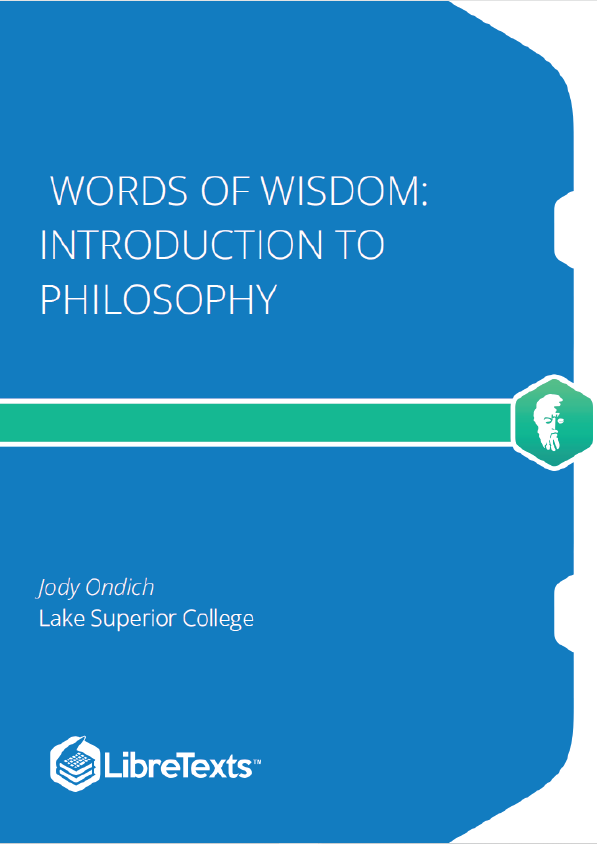This book provides an overview of the current debates about the nature and extent of our moral obligations to animals. Which, if any, uses of animals are morally wrong, which are morally permissible (i.e., not wrong) and why? What, if any, moral obligations do we, individually and as a society (and a global community), have towards animals and why? How should animals be treated? Why? We will explore the most influential and most developed answers to these questions – given by philosophers, scientists, and animal advocates and their critics – to try to determine which positions are supported by the best moral reasons.
Discussions of animal ethics are more fruitful when approached after an exposure to general thinking about ethics and methods of moral argument analysis. Theories of animal ethics are typically extensions or modifications of theories developed for addressing more familiar (and often less controversial) questions about human-to-human ethics. Therefore, it is important to be familiar with these theories and methods. These online readings will introduce readers to the more influential moral theories and methods of moral argument analysis, and we will read the introductions to our texts on animal ethics.
In this book we will attempt to reasonably answer moral or ethical questions concerning the treatment and use of animals. Some of these questions are general , e.g.:
- Morally, how should we treat animals?
- Which uses of animals, if any, are morally permissible, and which are morally wrong?
- Do we have any moral obligations toward any animals?
- What is the extent of these obligations? Why do we have these obligations (if we do)? What is it about (various kinds of) animals that make them such that how we treat them matters morally?
- Are there different obligations toward different animals? Might certain uses of some animals be morally permissible, whereas using other animals in similar ways would be wrong? (E.g., might some experiments be wrong if done on chimpanzees, whereas morally permissible, or perhaps “less wrong,” if done on mice?
- Morally, should we be concerned only with certain kinds of animals, e.g., those who are conscious and have feelings? What about insects? What about unicellular organisms? On what basis do we decide?
